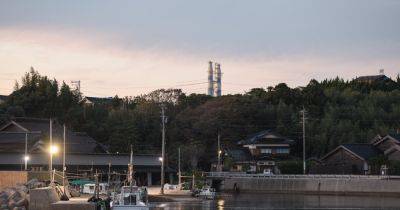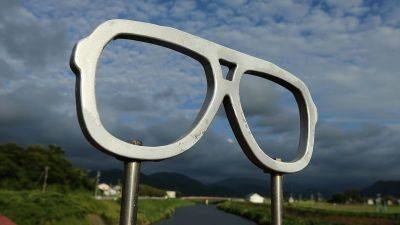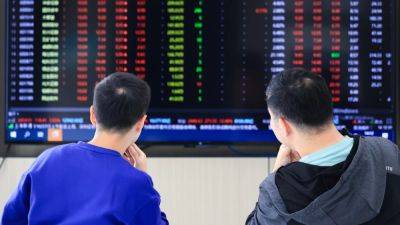Bank of Japan likely to stay course with a rate hike in December or January, analysts say
After a messy election, the Bank of Japan decided to hold its benchmark policy rate at 0.25%, as expected. But analysts say that the central bank's focus on normalizing monetary policy — raising rates — remains unchanged.
The BOJ board maintained its three-year inflation projections with minor adjustments, signaling that the economy is progressing in line with its expectations.
At a press conference following Thursday's decision, Kazuo Ueda, the central bank's governor noted that risks surrounding the U.S. economy are easing, an indication that conditions may soon be favorable for another interest rate hike. The yen rose to 151.9 against the dollar after Ueda's comments.
Stefan Angrick, associate director and senior economist at Moody's Analytics, described the tone of the BOJ's Outlook Report as being "moderately" hawkish. "If you look at the central bank's projections for growth and inflation, those still suggest that rate hikes are on the horizon," he said.
"The only question really is timing, and with the yen weakening still, my money will be on a rate hike before the end of the year, and what happens next year will depend on the Shunto or spring wage negotiations," Angrick added, in reference to annual wage negotiations between labor unions and employees in Japan.
The outlook report did cite risks to prices being skewed "to the upside for fiscal 2025," which economists say is likely a reference to concerns around a weakening yen.
The yen dropped by about 1% to a three-month low on Monday following the worst election loss for the ruling Liberal Democratic Party in 15 years. On Friday morning, the yen was trading at 152.27 against the dollar.
A weaker yen generally benefits large Japanese firms with international







